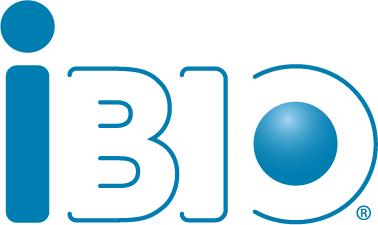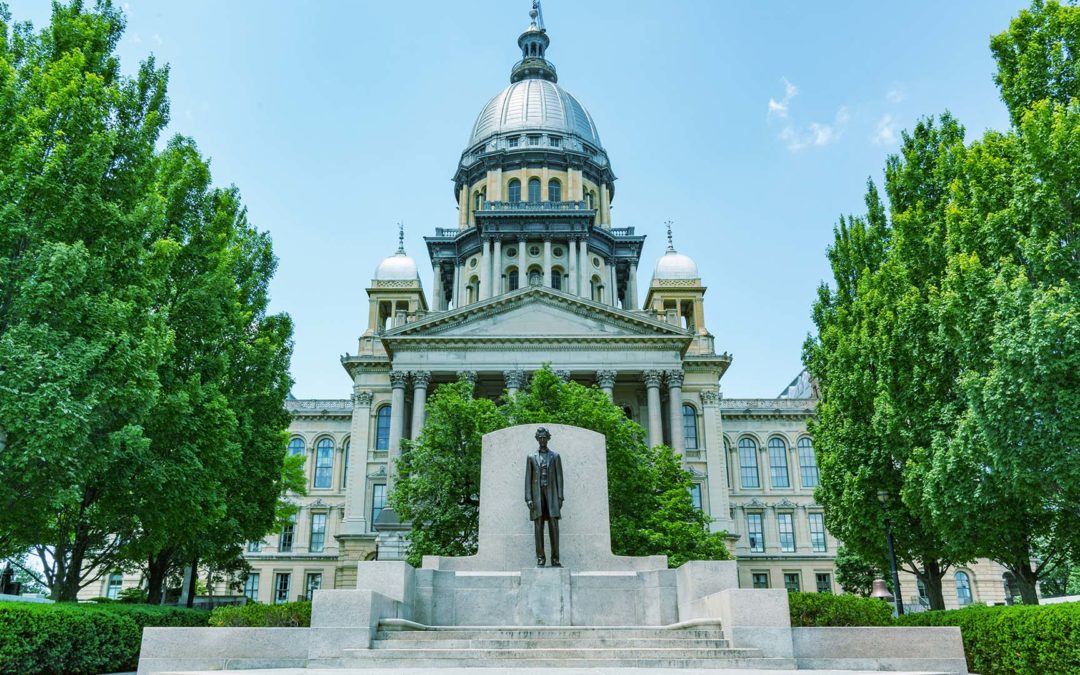iBIO promotes thoughtful legislative and regulatory solutions that allow our member companies to research, develop, and commercialize breakthrough therapies and cures, and to ensure patients have affordable access to those new treatments. Likewise, iBIO opposes policies that threaten patient access, limit innovation, or adversely impact the Illinois life sciences industry’s competitiveness in the global economy.
Last week the 2019 Spring Session in Springfield concluded. Prior to adjournment, the General Assembly considered and acted upon several pieces of legislation that were heavily debated. Some of the issues considered and passed included the FY 2020 operating budget (SB 262), FY 2020 capital appropriations (HB 62), FY 2020 budget implementation/revenue (SB 1814), transportation funding (SB 1939), additional bonding authority (HB 142), recreational marijuana (HB 1438), pro-business reforms (SB 689) and gaming expansion/vertical capital revenue (SB 690). These issues will now be sent to the Governor for his consideration.
Prior to adjournment, the General Assembly also extended the current research and development tax credit through 2026; updated and revised the Manufacturers Purchase Credit; and phased out the corporate franchise tax over a five year period.
Furthermore, the General Assembly adopted a proposed Constitutional Amendment that would allow for the state to implement a graduated income tax structure, as well as a bill that would set the graduated rates (SB 687). The question of whether Illinois should implement a graduated income rate structure will be considered by Illinois voters on the 2020 General Election ballot.
The House and Senate have scheduled the Fall Veto Session (i.e. October 28-30 and November 12-14).
Specific Issues and/or Legislation iBIO Engaged with this Session
Ethylene Oxide (EO)
Circumstances surrounding the Sterigenics facility in Willowbrook provided the backdrop for several legislative proposals during the 2019 Spring session.
SB 1852 : Focuses on EO emitting sterilizers and requires the capture of fugitive and exhaust point emissions of EO. Passed both houses and is expected to be approved by the Governor.
SB 1854 : Imposes new regulations on EO emitting manufacturing facilities. As written, however, SB1854 applies to only one facility located in Lake County. Passed both houses, and it will now be sent to the Governor for his consideration.
Tax Credits
SB 1608 : Updates Illinois’ matching grant program for startup companies receiving federal and Small Business Innovation Research (SBIR) Awards. This iBIO initiative passed the Senate, but was not successful in the House. We continue our efforts and collaboration with the Department of Commerce and Economic Opportunity (DCEO) and the Office of the Governor.
SB 1115 and HB 2085 : “Water’s Edge Tax Credit”. Provides for a water’s edge apportionment election for certain members of a unitary business group. Provides that, with respect to foreign corporations that make a water’s edge election, the deduction for dividends is limited to 75%. Neither bill advanced passed its chamber of origin.
Data Privacy Legislation
Legislation imposing disclosure and other requirements in relation to geolocation; right to know; and microphones (recording devices) received much attention during the Spring session. (Example: HB 3357, HB 3358, SB 1719). While no “privacy legislation” passed the Legislature during this this Spring session, these issues will most certainly be again considered next session.
EXPERRT Legislation
HB 2259: Provides that a licensed physician recommended by the Rare Disease Commission who is a rare disease specialist and possesses scientific knowledge and medical training with respect to rare diseases and is familiar with drug and biological products and treatment shall be notified in advance to attend an Illinois Drug and Therapeutics Advisory Board meeting when a drug or biological product is scheduled to be reviewed in order to advise and make recommendations on drugs or biological products. Makes technical changes. Passed both houses, and it will now be sent to the Governor for his consideration.
Drug Pricing & Transparency
There were a number of bills this year to provide transparency or restrict the pricing of pharmaceutical drugs. iBIO opposed these bills and provided testimony about the potential for unintended consequences for the Illinois community related to these bills. While legislation did not pass in this session, there is a strong desire to address patients rising out-of-pocket costs in Illinois. iBIO is committed to working with lawmakers, physicians, patients and other healthcare stakeholders to address the affordability of medicines. We believe that any legislative effort to address the affordability of medicines must be patient centered, holistic, and promote patient access to treatments and cures. We oppose legislation that ignores the value of innovative therapies for individual patients and the importance of timely access to those treatments, interfere with the market-based ecosystem for the U.S. healthcare sector, and place undue burden on small, pre-commercial life sciences companies.

